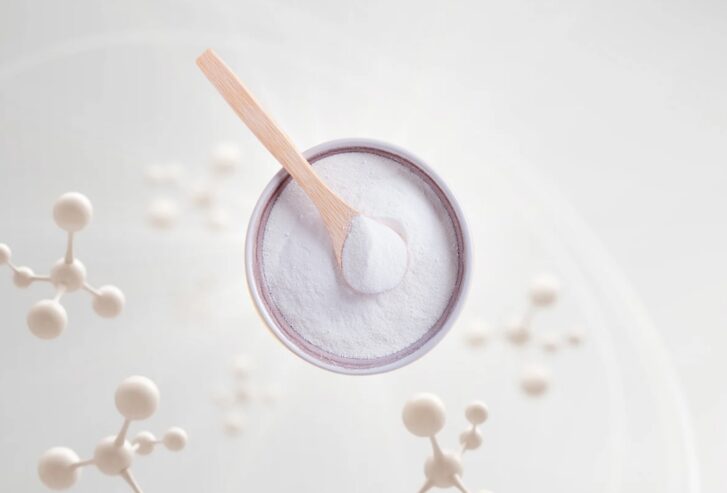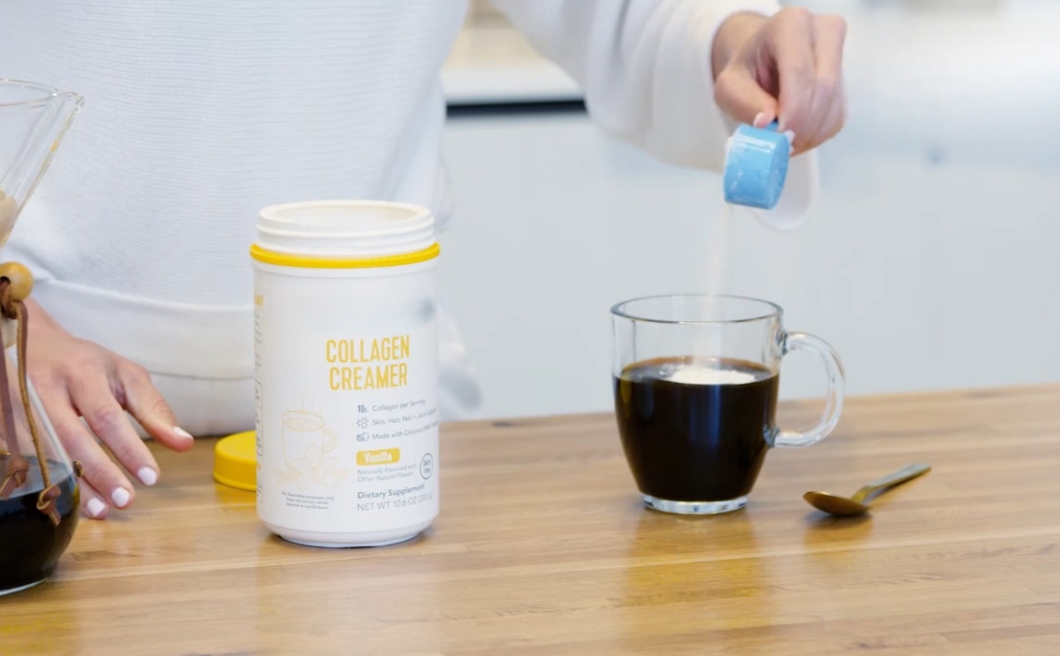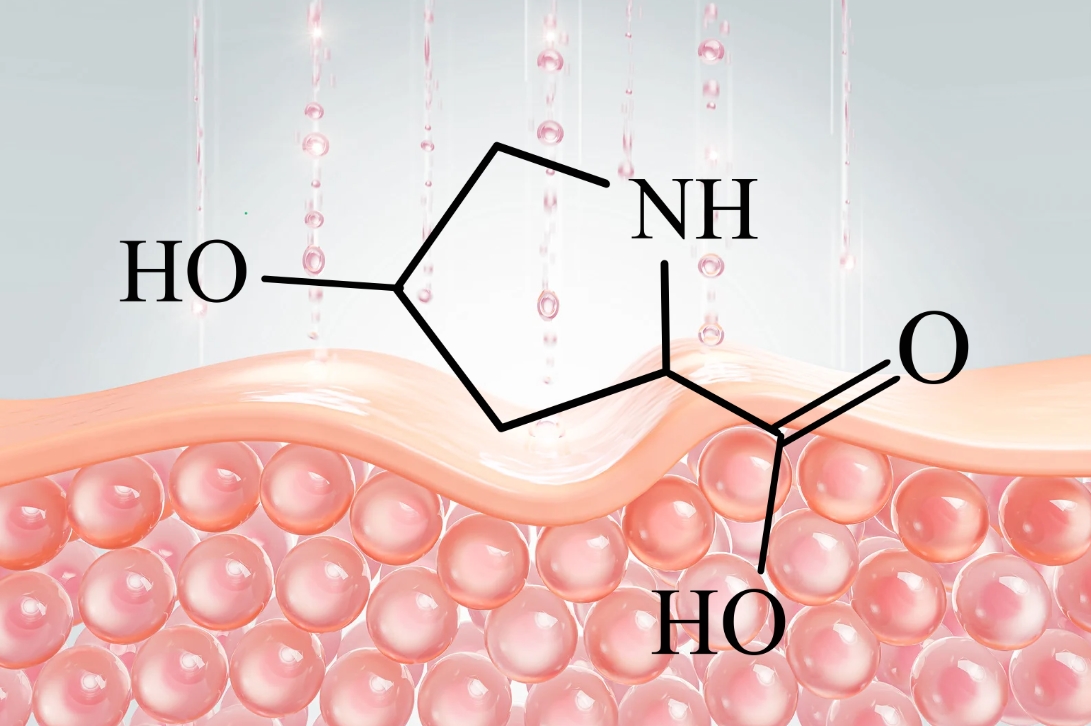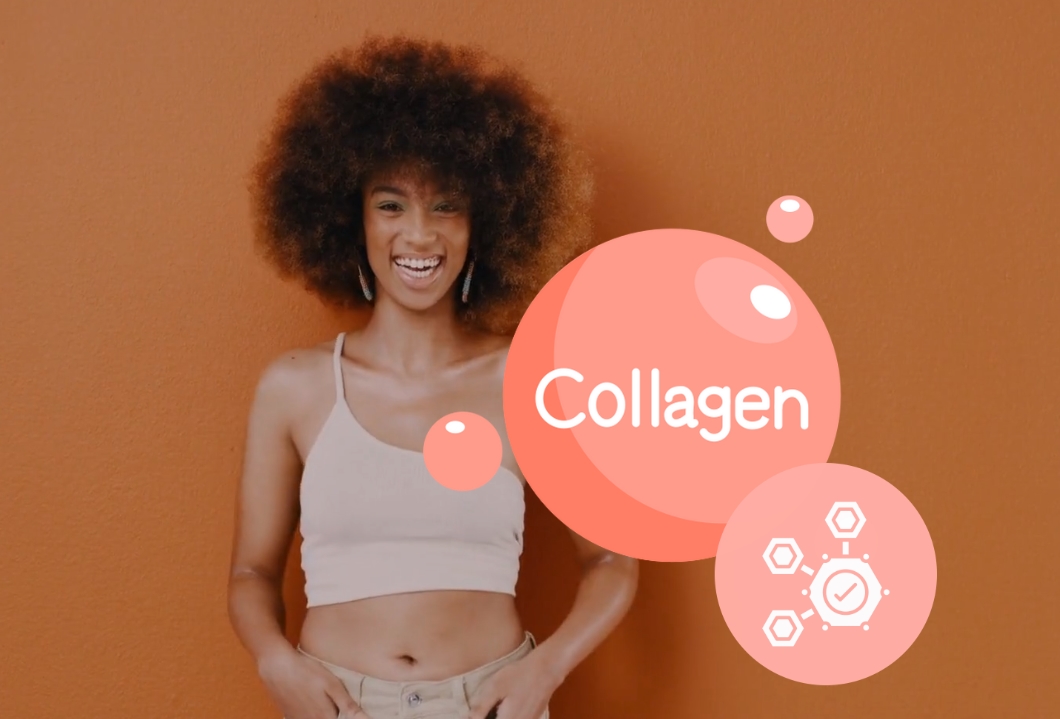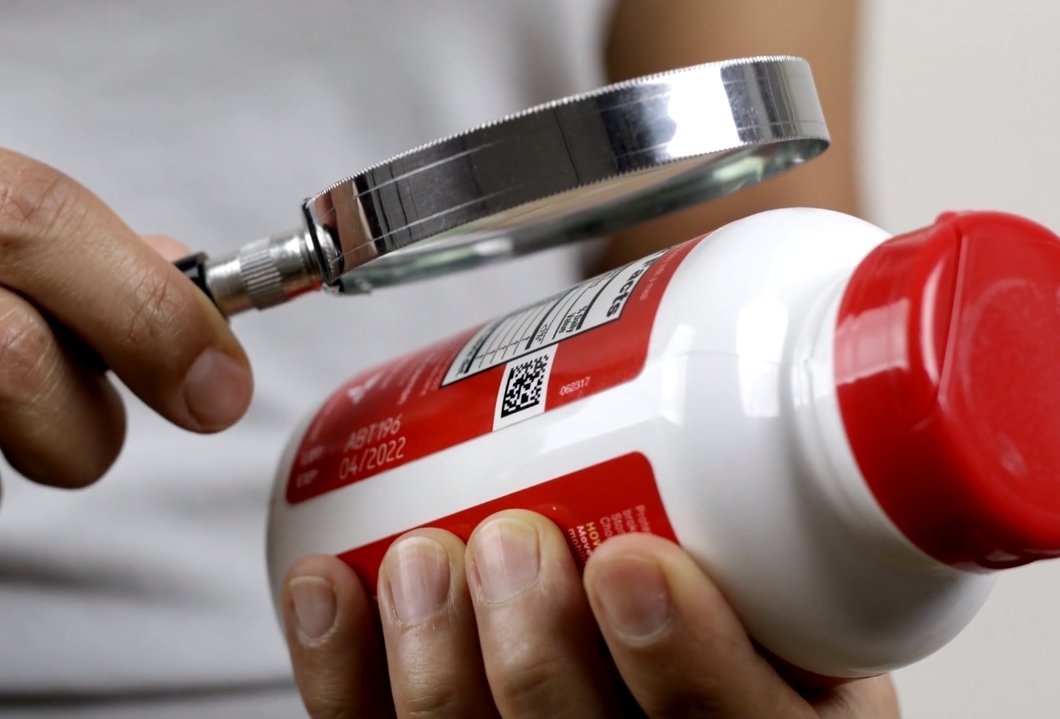I’ve always been intrigued by supplements, particularly collagen powders. Collagen, a vital protein that’s naturally found in our bodies, plays a crucial role in keeping our skin supple, our joints flexible, and our bones strong. Over time, I realized it’s not just about picking any product off the shelf.
These are specific things to look for to ensure the supplement is effective, safe, and worth the investment. For that particular reason, I would like to provide you with an in-depth look into all the factors that play an important role when choosing a collagen powder.
Tip 1: The Dosage and Content
Both from my experience and expert opinions I’ve gathered, I understand that ideally, people should be aiming for a daily intake of 10 to 20 grams. This amount is optimal for stimulating the body’s natural synthesis process, which is key to unlocking a range of beauty benefits.
These benefits include a more radiant, glowing complexion and a noticeable reduction in wrinkles and fine lines, which are high on my list of priorities. I’ve realized that it’s not solely about the quantity of the supplement.
The quality is equally important. A high-quality supplement should have collagen as the main ingredient, constituting a significant percentage of the product’s total weight. This is a clear indicator of the supplement’s purity and potency. I’m looking for a product that doesn’t just fill the quantity box but also assures me of its quality.
Tip 2: Collagen Form
The decision of whether to take collagen in pill or powder form is more significant than it might initially seem, as it greatly influences the effectiveness of the supplement. Pills, while convenient, often come with binders and additives. These additional ingredients can potentially interfere with the body’s ability to absorb the protein effectively.
On the other hand, powder forms, particularly those that are hydrolyzed, are designed for immediate bioavailability. This means that the protein in powder form is more readily absorbed and utilized by the body.
The advantage of this quick absorption is that it accelerates the visible beauty benefits I’m seeking, such as stronger nails, shinier hair, and smoother skin. Therefore, when I’m weighing my options between pills and powder, a key factor I consider is the speed at which I want to see results.
One downside to this approach is that these two options are not the best in case you’re looking for on-the-go option. Naturally, this is especially important for those who have the timing when they consume these proteins.
If I’m looking for more immediate and noticeable improvements in my appearance and health, then the powder form, with its superior absorption rate, becomes the more appealing choice. Naturally, these two options are not the only ones, you can find numerous liquid options at the market.
Tip 3: The Source
Understanding the source of collagen in supplements is vital for making an informed choice that aligns with my health goals and dietary preferences. There are three main sources, bovine collagen, marine collagen, and plant-based options.
Here’s a deeper look into the different sources:
| Collagen Type | Source | Characteristics | Benefits |
|---|---|---|---|
| Bovine Collagen | Derived from beef (bovine) | Similar to human variant in amino acid profile, making it easily recognized and utilized by the body | Bovine collagen is beneficial for skin health, muscles, and bones |
| Marine Collagen | Sourced from fish | High bioavailability, meaning it’s easily absorbed by the body. Rich in type I collagen | Known for skin-smoothing properties, improves skin elasticity and hydration, ideal for beauty-related benefits |
| Plant-Based Options | Not a direct source of collagen as it’s animal-derived. Supplements contain ingredients to stimulate production | Supports synthesis through plant-based compounds and vitamins | Beneficial for those on plant-based diets, helps in natural collagen production |
Tip 4: Amino Acid Profile
The amino acid profile of a collagen supplement is a key determinant of its effectiveness. Collagen, being a protein, is made up of amino acids, which are the building blocks of our body’s tissues. Peptides are known for their rich composition of specific amino acids such as proline, glycine, and hydroxyproline.
Proline and Glycine
These two amino acids are at the heart of what makes collagen so beneficial. Proline is known for its role in skin health and its ability to promote the production itself. Glycine, being one of the smallest amino acids, is crucial in the formation of collagen’s triple helix structure.
It’s also essential for efficient wound healing and for maintaining the strength and integrity of our skin.
Hydroxyproline
This amino acid is somewhat unique to collagen and plays a critical role in stabilizing its helical structure. It’s formed through a post-translational modification of proline, which occurs after collagen synthesis, and is vital for the overall stability and functionality molecule.
Tip 5: Bioavailability
Bioavailability is a term that often comes up, and for good reason. Bioavailability essentially refers to how well a substance is absorbed and used by the body. In the context of collagen supplements, this concept becomes particularly important. Peptides, which are molecules broken down into smaller amino acid chains, play a crucial role here.
Enhanced Absorption
The process of breaking down collagen into peptides increases its absorption rate. These smaller chains are easier for the body to absorb and process. This is in contrast to larger, unbroken collagen molecules, which the body might struggle to break down and utilize effectively.
Effective Utilization
The enhanced absorption of collagen peptides means that the body can use the collagen more effectively. This is vital for seeing tangible results from a supplement. For instance, the amino acids in these peptides are essential for maintaining the strength and appearance of nails, hair, and skin. With better absorption, these benefits are more pronounced.
Tip 6: Hydrolyzed Collagen
This form of collagen undergoes a process known as hydrolysis, where the long chain proteins are broken down into shorter, more easily digestible peptides. This transformation is crucial for several reasons:
Enhanced Digestibility
The process of hydrolyzing collagen transforms it into a form that our digestive system can handle more efficiently. The smaller peptides are easier for the body to break down and absorb through the intestinal wall into the bloodstream. This means that the valuable amino acids in collagen are more readily available for the body to use.
Improved Absorption
The main advantage of hydrolyzed variant is its high absorption rate. By breaking down the protein into smaller peptides, the body can absorb it more quickly and in greater quantities than it would with non-hydrolyzed. This increased absorption rate ensures that the body can make full use of the supplement’s benefits.
Effective Results
With hydrolyzed collagen, the results can be more noticeable and faster to appear. This is because the body can utilize the protein more efficiently, leading to visible improvements in skin hydration, elasticity, and wrinkle reduction. Additionally, the benefits extend beyond skin health, potentially improving joint health, bone density, and overall well-being.
Tip 7: Avoid Additives and Flavorings
When it comes to choosing a collagen supplement, flavored options are quite numerous, especially for those who might be new to collagen supplements or are looking for a more enjoyable way to incorporate them into their diet.
It’s important to be cautious about these flavored varieties, as they often come with a hidden cost to their overall health value.
| Aspect | Details |
|---|---|
| Added Sugars and Artificial Flavorings | Flavored supplements often contain added sugars and artificial flavorings, which can reduce the health benefits of collagen and negatively impact skin health. |
| Counteracting Benefits | Additives in flavored collagen can undermine its benefits, especially for skin health. It’s important to read labels to understand what’s in your supplement. |
| Mixing with Natural Flavors | For better taste without artificial additives, mix pure collagen with natural flavors in smoothies, coffee, or recipes at home. |
Tip 8: Organic and Natural Sources
Organic and natural sources stand out as the superior choice, primarily for their quality and safety profiles.
Higher Quality and Safety
Collagen derived from organic and natural sources, such as grass-fed, wild-caught, or free-range animals, is generally of higher quality. These sources are managed with a focus on natural processes, which means the animals aren’t exposed to the harsh chemicals, antibiotics, or growth hormones often found in conventional farming and fishing practices.
Reduced Risk of Contaminants
One of the significant advantages of opting for collagen from organic sources is the reduced risk of contaminants. Animals that are grass-fed or wild-caught are less likely to have been exposed to harmful substances that can find their way into collagen products.
Enhanced Effectiveness
There’s a growing belief that collagen derived from organic and natural sources may be more effective. The absence of unnatural additives in the animals’ diet means that the collagen they produce is likely to be in its most natural and effective form.
FAQs
Which collagen has all 5 types?
Multi-collagen supplements often contain all 5 types. These are typically a blend of different sources like bovine, marine, chicken, and eggshell membrane to cover the spectrum of types I, II, III, V, and X.
Is 1000mg of collagen enough?
The effectiveness of 1000mg of collagen can vary based on individual needs and the type of collagen. While it may be beneficial for some, others might require a higher dosage for noticeable results. It’s best to consult with a healthcare provider for personalized advice.
Do you really need all 5 types of collagen?
Not necessarily. The need for all 5 types depends on your specific health goals. Each type has unique benefits (e.g., Type I for skin, Type II for joints). A targeted approach based on individual needs can be more effective than consuming all types.
Who shouldn’t take collagen?
Individuals with allergies to any collagen source (like fish, eggs, or chicken) should avoid collagen supplements. Also, those with certain medical conditions or on specific medications should consult their doctor before taking collagen.
Summary
Selecting the ideal collagen supplement for me involves a careful evaluation of several key factors, including the dosage, form, source, amino acid profile, bioavailability, and purity. My goal is to find a high-quality, protein-rich supplement that ticks all these boxes, ensuring I get the most out of it.
I’m looking forward to experiencing a host of benefits, from achieving smoother skin and reducing wrinkles to strengthening my nails and enhancing the shine of my hair.
I understand that the secret to fully benefiting from collagen is in choosing a supplement that perfectly aligns with my unique health and beauty needs.
Related Posts:
- Powder vs Liquid Collagen: Which Form Should You Pick?
- Collagen Powder vs Pills: What's The Difference?
- How to Mix Collagen Powder Effortlessly Without Clumping
- What Does A PCOS Belly Look Like - How to Recognize…
- How Do You Know Probiotics Are Working: 6 Signs to Look For
- Can Anxiety Have Fatal Consequences? An In-Depth Look

